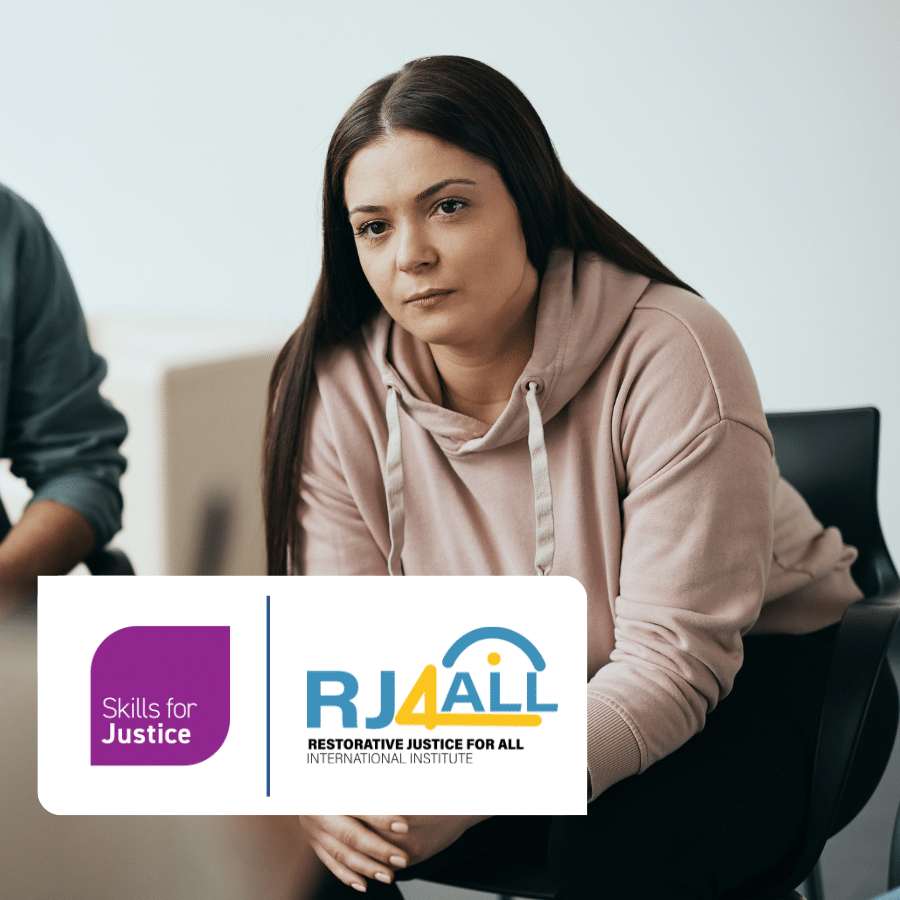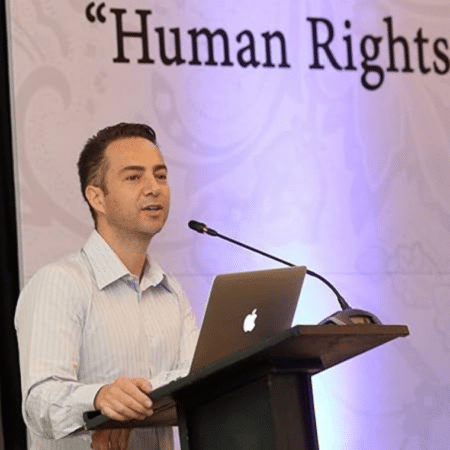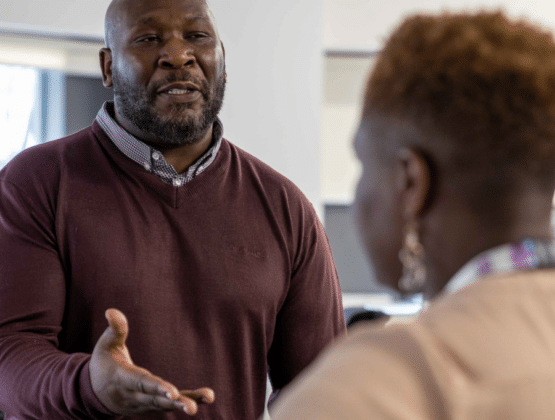Published by Skills for Justice
The current state of restorative justice
Date 24.10.24

Recorded webinar
Restorative justice enables victims and offenders, if they freely consent, to participate actively in a resolution for a criminal offence through a third-party facilitator. It can be a very powerful tool which focuses on healing and reconciliation, rather than punishment. It also encourages offenders to take responsibility, acknowledge harm, and make amends directly to victims. Ultimately, restorative justice can support longer-term peace and reintegration of offenders into society.
Not only can restorative justice benefit those directly involved in a crime, but it can also have a wider benefit to the community through promoting conflict resolution and reducing reoffending by addressing the root causes of the crime.
Restorative Justice 4 All (RJ4All) is a charitable organisation which has a mission to address power abuse, conflict, and poverty using restorative justice values and practices. RJ4All defines restorative justice as a set of practical goals. One of these is to repair harm by including affected parties in a direct or indirect encounter and to follow a process of understanding through voluntary, safe, and honest dialogue.
Catch up on our webinar with restorative justice experts RJ4All to learn more about current trends and how we can work across the criminal justice system to support the practice.
Agenda
- What is the current state of restorative justice in the UK?
- What are the emerging trends in restorative justice practice?
- How can RJ4All help organisations in the justice sector
- Learn about the partnership between RJ4All and Skills for Justice









